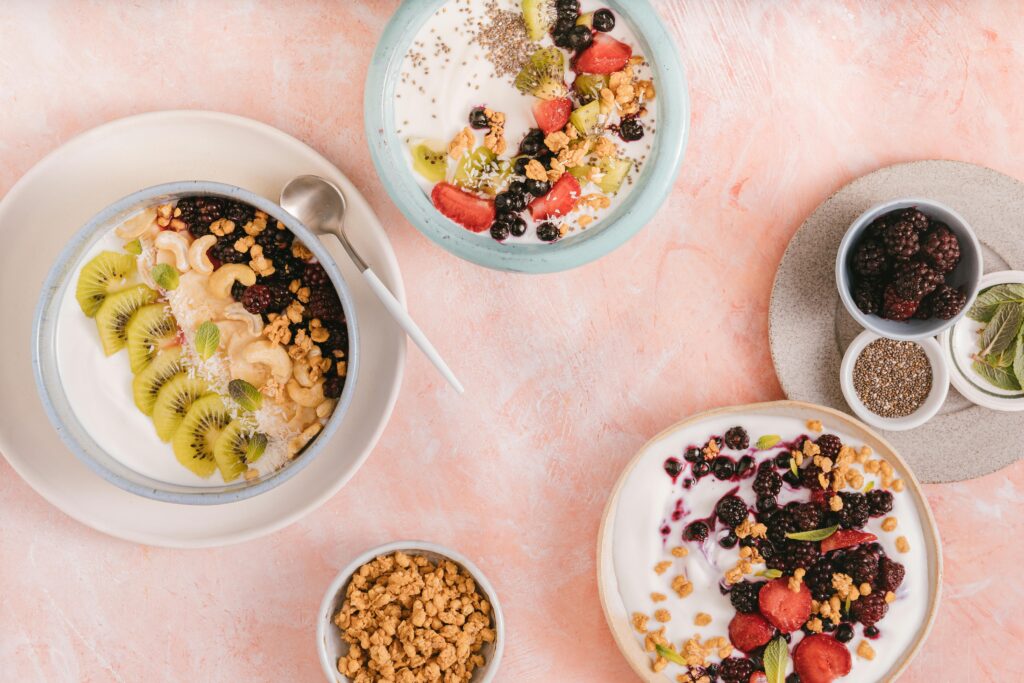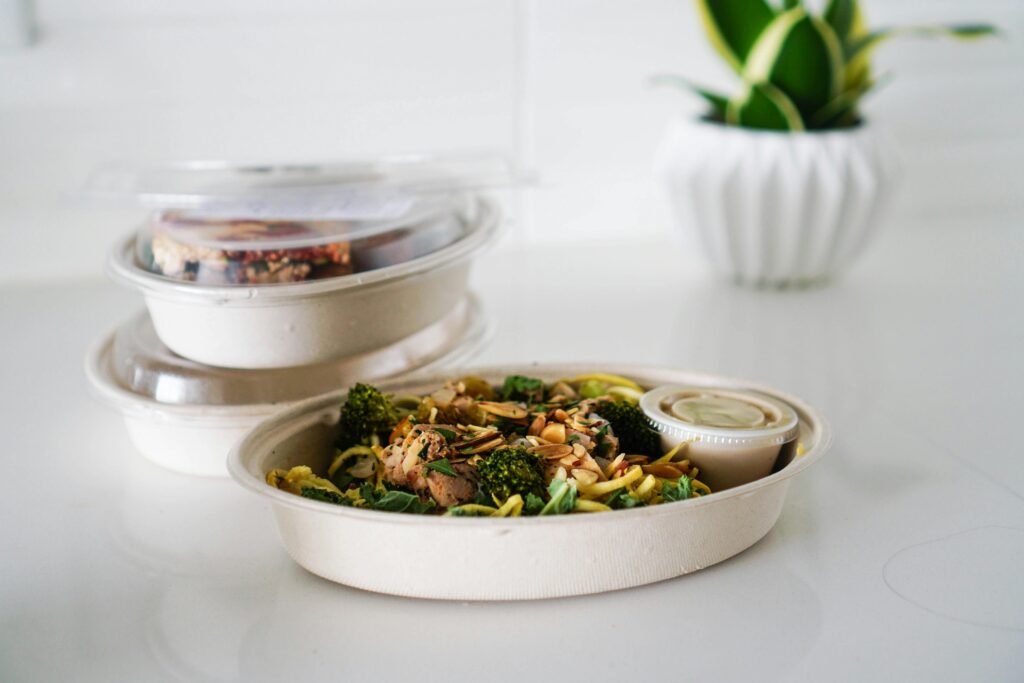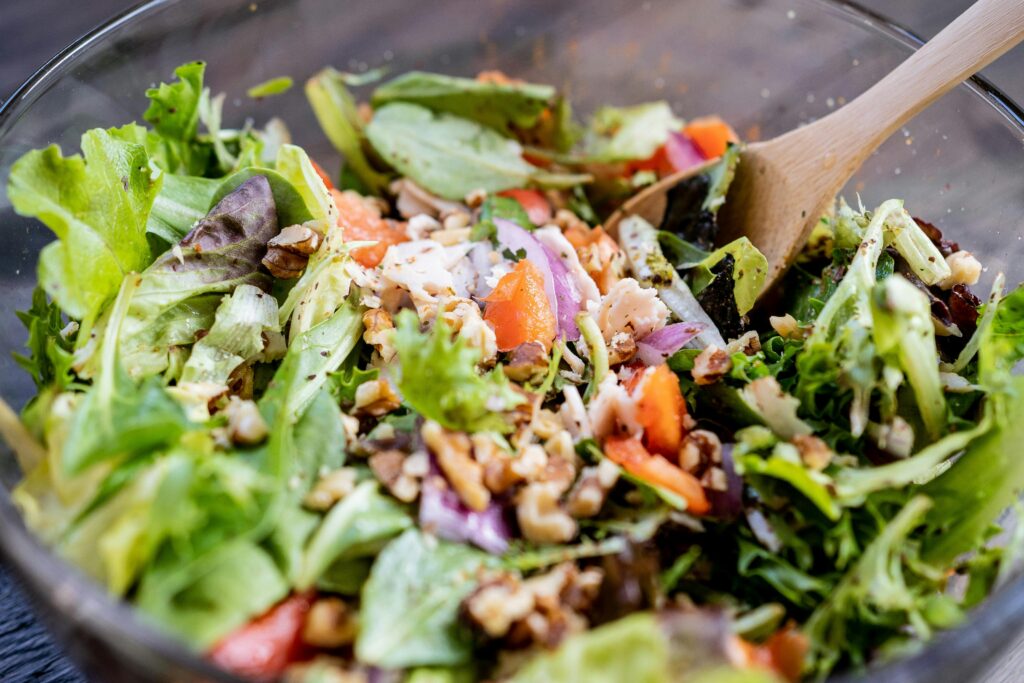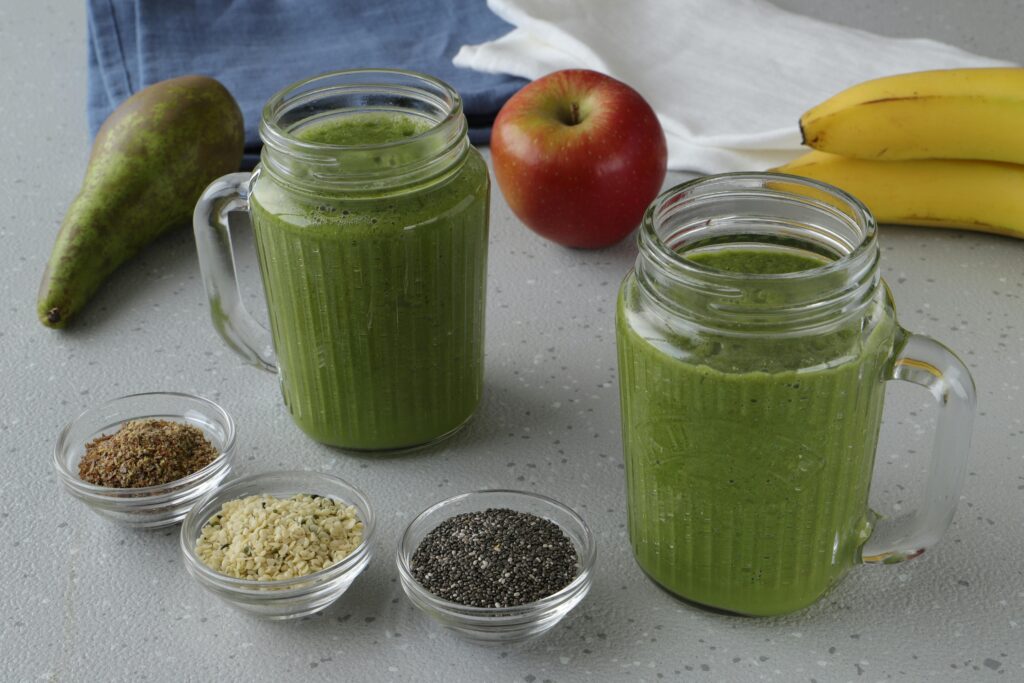It can be hard to eat well every day, especially when you are busy. Putting together meals ahead of time is a smart way to stick to your diet, save time, and calm down. Planning and making meals ahead makes it easier to eat well, whether you want to lose weight, get more energy, or eat better. Get ready to feel great by reading this article. It will teach you everything you need about meal prep, from picking the right foods to saving them safely.
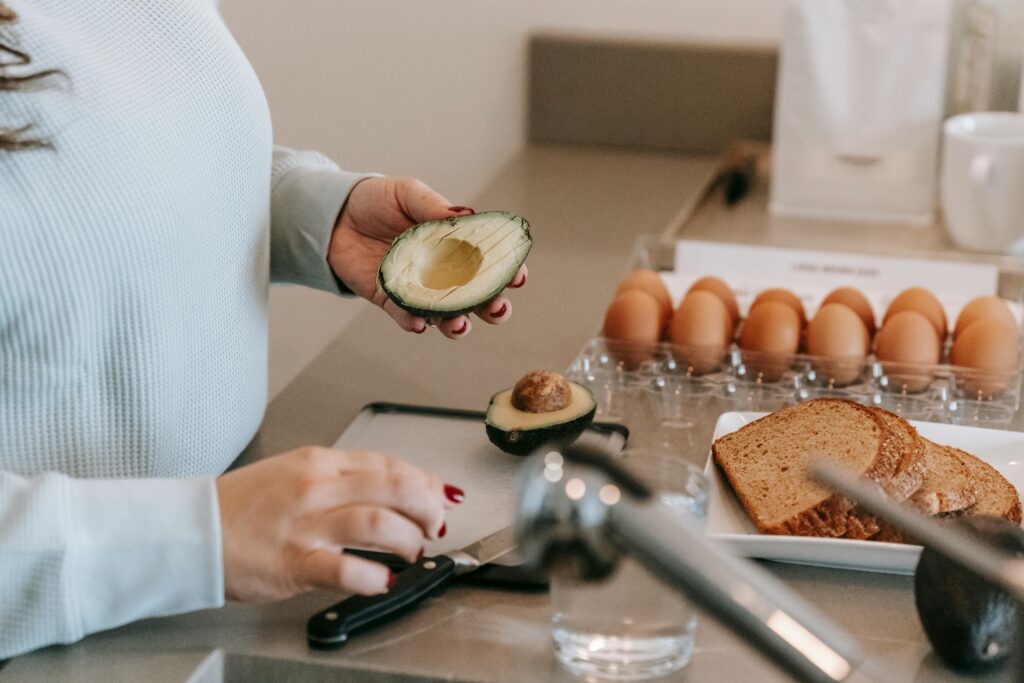
Why Meal Prep Matters for a Healthy Lifestyle
Helps You Make Better Food Choices
Planning your meals makes you less likely to grab fast food or unhealthy snacks. You do not have to rush to decide what to eat because you already have good choices. This helps you stay on track with your plans and resist last minute urges.
It helps you save time during the week
It takes time to cook every day. Some people cook once or twice a week and then heat their meals. On busy days, this gives you more time to work, spend with family, or relax, without skipping healthy meals.
Lessens the stress of eating
It can be hard to choose what to eat, especially when you are hungry or tired. By planning meals ahead of time, you do not have to make that choice every day. You do not need to worry or guess what you eat because you already know.
What You Need to Know to Start Prepping Meals
Plan your menu for the week
Make a list of the meals you want to eat this week. Plan your snacks, lunch, dinner, and breakfast. First, keep things easy. Pick simple meals with healthy foods, like whole grains, veggies, and lean protein.
Make a Shopping List
Make a shopping list once you know what meals you will make. Put everything you need for your recipes in one place, and try to organize things by type, like dairy, frozen foods, and fruits and vegetables. This will help you shop more quickly and easily.
Set a Prep Day
Pick one or two days a week to get your food ready. A lot of people choose Sunday and Wednesday. Now is the time to cook, cut veggies, and put meals into containers. It saves time and helps you succeed in doing everything at once.
Choosing the Right Foods for Meal Prep
Focus on Whole, Fresh Ingredients
Whole foods, like fresh fruits and veggies, beans, brown rice, chicken, and fish, are close to how they were meant to be. Because they are high in fiber, vitamins, and minerals, these are the best foods to prepare ahead of time.
Mix Lean Proteins, Vegetables, and Whole Grains
Well-balanced meals keep you full and happy. At every meal, try to eat a protein source (like turkey, eggs, tofu, or lentils), a green (like broccoli, spinach, or carrots), and a healthy carb (like quinoa, sweet potatoes, or brown rice).
Avoid Highly Processed Items
Many frozen foods contain salt, sugar, and chemicals that keep them fresh. They may help you save time, but are bad for your health. Just use easy, fresh foods that you cook yourself. You’ll feel better and reach your goals.
Easy Ideas for Making Meals Ahead of Time
One Pan Meals
It’s easy and quick to make meals that only need one pan. You cook everything in one dish when you roast chicken with veggies or bake salmon with sweet potatoes. They are simple to make and clean up.
Salads in Mason jars
Putting salad ingredients in layers in mason jars keeps them fresh for a week. Place the dressing at the bottom of the plate first. Then add the vegetables, protein, and greens. When you are ready, shake it up and eat it.
Overnight Oats
For breakfast, overnight oats are great. Add fruit, nuts, or seeds after mixing rolled oats with milk or yogurt. Put it in the fridge overnight, and you can eat a healthy breakfast in the morning without cooking.
Smart Portioning and Storage Tips
Use Clear Storage Containers
You can see what’s inside the see-through cases without opening the lid. Be sure to use glass or plastic products that are BPA free and can go in the fridge, freezer, and microwave.
Label and Date Your Meals
Write the dish name and the date you made it on the lids of all the containers you use. This helps you track how fresh food is and keep it from going to waste.
Store Meals the Right Way
Food that has been cooked can be kept in the fridge for as long as four days. Freeze them to keep them for longer. To keep food safe, ensure it is cool before putting it in the refrigerator or freezer.
Meal Prep for Weight Loss
Stick to Your Calorie Goals
Making meals ahead of time helps you keep track of calories and serving sizes. Because you choose what goes into each meal, you’re less likely to eat too much or add food high in calories.
Choose High Fiber Foods
Fiber makes you feel full without making you gain weight. To make your meals healthier, eat more veggies, beans, lentils, and whole grains. These foods help your body digest food better and make you feel full longer.
Avoid Hidden Sugars and Sauces
Many sauces, marinades, and salads have sugar added to them. You can use vinegar, lemon juice, spices, olive oil, or both to make your own. Your meals will stay healthy, and you will cut calories.
Cheap Ways to Prepare Meals
Purchase in Large Quantities
Buy a lot of beans, grains, and frozen veggies. These things cost less per serve and last longer. You can save money by buying meat or fish in bulk and freezing parts.
Use Simple, Seasonal Ingredients
Fresh food that is in season typically costs less. Find deals at your local market and base your meals on what’s offered.
Reuse food parts in different meals
You can use grilled chicken or another meal in salads, wraps, and bowls. This helps you save money and time while cooking.
Meal Prep for Families
Involve the Whole Family
Your family can help you pick recipes, shop, or cut up veggies. If kids help make their food, they are more likely to eat well.
Make A Lot At Once
Make more and store it in containers big enough for the whole family. You can feed many people and eat leftovers of meals like chili, baked pasta, or stir fry.
Keep Snacks Ready
Get healthy food ready to go. During the day, kids and parents can quickly grab yogurt cups, boiled eggs, and cut fruit.
Tools That Make Meal Prep Easier
Invest in a Good Set of Containers
A range of sizes will be needed. Get a set with lids that fit well and will not leak. Foods can be kept separate until it is time to eat with the help of divided containers.
Use a Slow Cooker or Instant Pot
Because they are easy to use, these kitchen tools save cooking time. You can put the food in, turn it on, and leave it to cook while you do something else.
Try Meal Prep Apps
With meal planning tools, you can stay on top of things. To help you stick to your plan, they give you recipes, shopping lists, and alerts.
Keeping Meals Fresh and Safe
Follow Safe Food Practices
Before making food, you should always wash your hands, surfaces, and tools. To avoid getting them dirty, keep raw meat away from other foods.
Store Food at the Right Temperature
This week, put food in the fridge you will eat soon, and freeze food for later. This will keep food safe. Keep the refrigerator at 40°F or less and the freezer at 0°F.
How to Reheat Food Correctly
Make sure that the food is hot all the way through. If you need to, use a food thermometer to make sure. If you don’t want germs to grow, only reheat leftovers once.
Getting into the Habit of Preparing Meals for Life
Start small and do not change anything
Start by making one meal a day, like lunch, if you are new to meal prep. You can make more meals and snacks as you get used to it.
Keep track of your progress
Note how you feel after eating the food you prepared. Do you feel more alive? Are you full for longer? Keeping track of your meals helps you stay focused and make changes as needed.
Reward your hard work
To mark your progress, try a new recipe or buy a cooking tool that will help you prepare meals more quickly. Small prizes help the habit stay fun and interesting.
Common Mistakes to Avoid
Making Too Much Food at Once
Prepare meals ahead of time for the whole week if you want to, but do not. Too much food can go bad. Start by making enough food for three or four days. If you need to, you can freeze extra amounts.
Picking Out Difficult Recipes
Choose simple meals that only need a few things. Recipes that are hard to follow take longer and can tire you. In the long run, it is better to keep things simple.
Not putting food away correctly
Bad keeping can make food go bad or make you sick. Store containers at the right temperature to keep food fresh and safe, and ensure the lids are tight.
Conclusion
One of the best ways to stay healthy, save time, and feel more in charge of what you eat is to plan your meals ahead of time. You can make meals that fit your lifestyle and health goals if you plan and set aside a few hours a week. The perks are worth the work, whether you cook for yourself or your family. Stick to a simple plan and enjoy the benefits of eating well every day.
